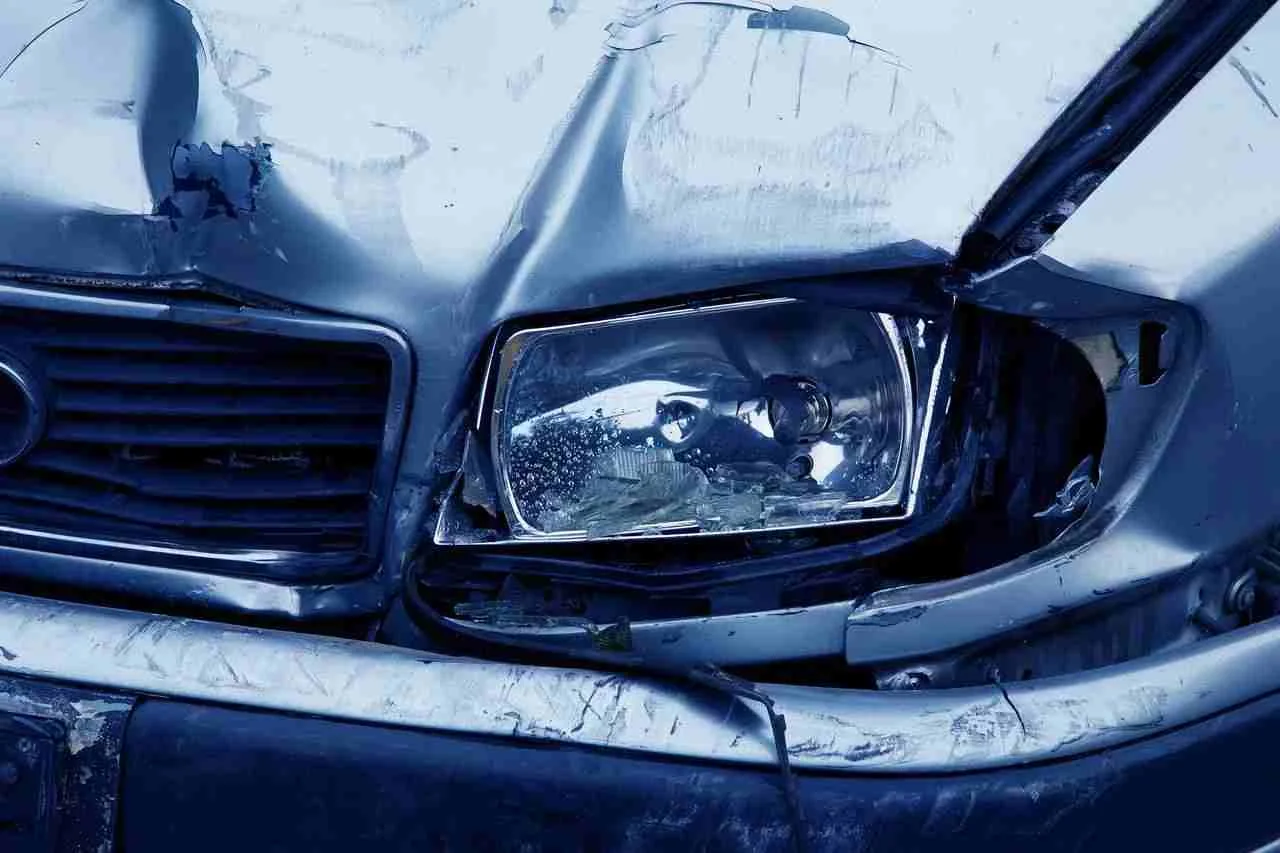Exploring Dram Shop Laws in South Carolina: Liability for Drunk Driving Accidents

When it comes to accidents caused by drunk drivers, the consequences are often devastating for victims and their families. In South Carolina, dram shop laws exist to hold establishments accountable for serving alcohol to visibly intoxicated individuals who later cause accidents. Let’s delve into the intricacies of South Carolina’s dram shop laws and how they impact liability for drunk driving accidents.
Definition of Dram Shop Laws
Dram shop laws refer to statutes that hold businesses liable for injuries or damages caused by individuals who were served alcohol on their premises. In South Carolina, these laws extend liability to establishments such as bars, restaurants, and taverns that serve alcohol to patrons who are visibly intoxicated.
Establishment Liability
Under South Carolina’s dram shop laws, establishments can be held liable if they serve alcohol to a person who is visibly intoxicated and that individual subsequently causes an accident resulting in injuries or property damage. Establishments have a duty to monitor the alcohol consumption of their patrons and refrain from serving individuals who show signs of intoxication.
Proof of Liability
To establish liability under South Carolina’s dram shop laws, victims must provide evidence that the establishment served alcohol to a visibly intoxicated individual who later caused the accident. This evidence may include eyewitness testimony, surveillance footage, and expert opinions regarding the patron’s level of intoxication at the time of service.
Limits of Liability
It’s important to note that South Carolina’s dram shop laws have certain limitations on establishment liability. For example, establishments may not be held liable if they can prove that the patron’s intoxication was not a proximate cause of the accident. Additionally, establishments are not liable for injuries or damages caused by individuals who were not visibly intoxicated at the time they were served alcohol.
Contributory Negligence
South Carolina operates under a contributory negligence system, which means that victims may have their compensation reduced if their actions contributed to the accident. However, even if the victim is partially at fault, they may still be entitled to recover damages under South Carolina’s comparative negligence laws.
Legal Recourse for Victims
Victims of drunk driving accidents in South Carolina may pursue compensation from both the intoxicated driver and the establishment that served them alcohol. By holding such establishments accountable for their role in contributing to drunk driving accidents, victims can seek financial compensation for medical expenses, lost wages, pain and suffering, and other damages incurred as a result of the accident.
Conclusion
South Carolina’s dram shop laws play a crucial role in holding establishments accountable for serving alcohol to visibly intoxicated individuals who later cause accidents. By understanding these laws and their implications, victims of drunk driving accidents can pursue legal recourse and seek the compensation they deserve. If you or a loved one has been injured in a drunk driving accident in South Carolina, consulting with a knowledgeable personal injury attorney can help you navigate the legal process and protect your rights.